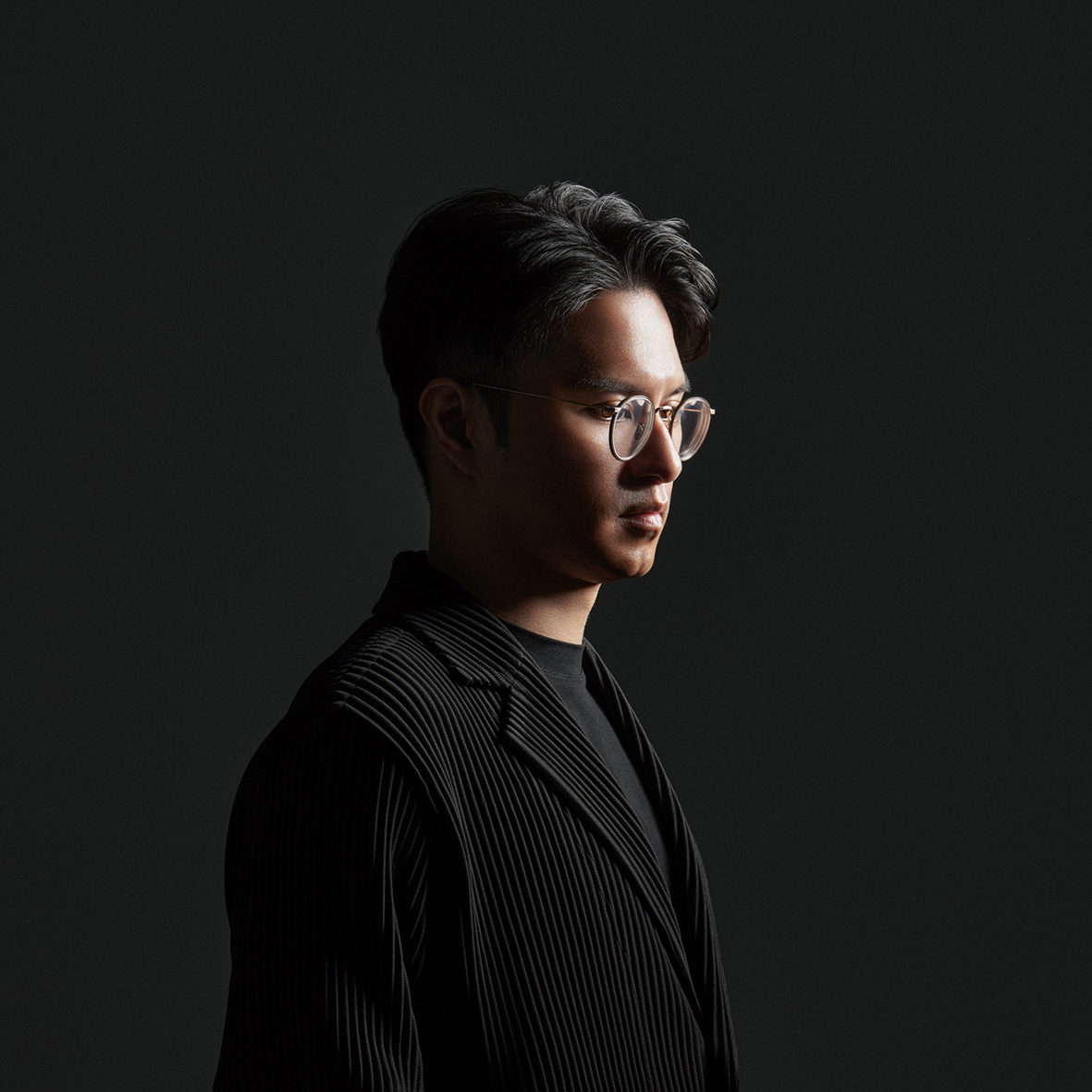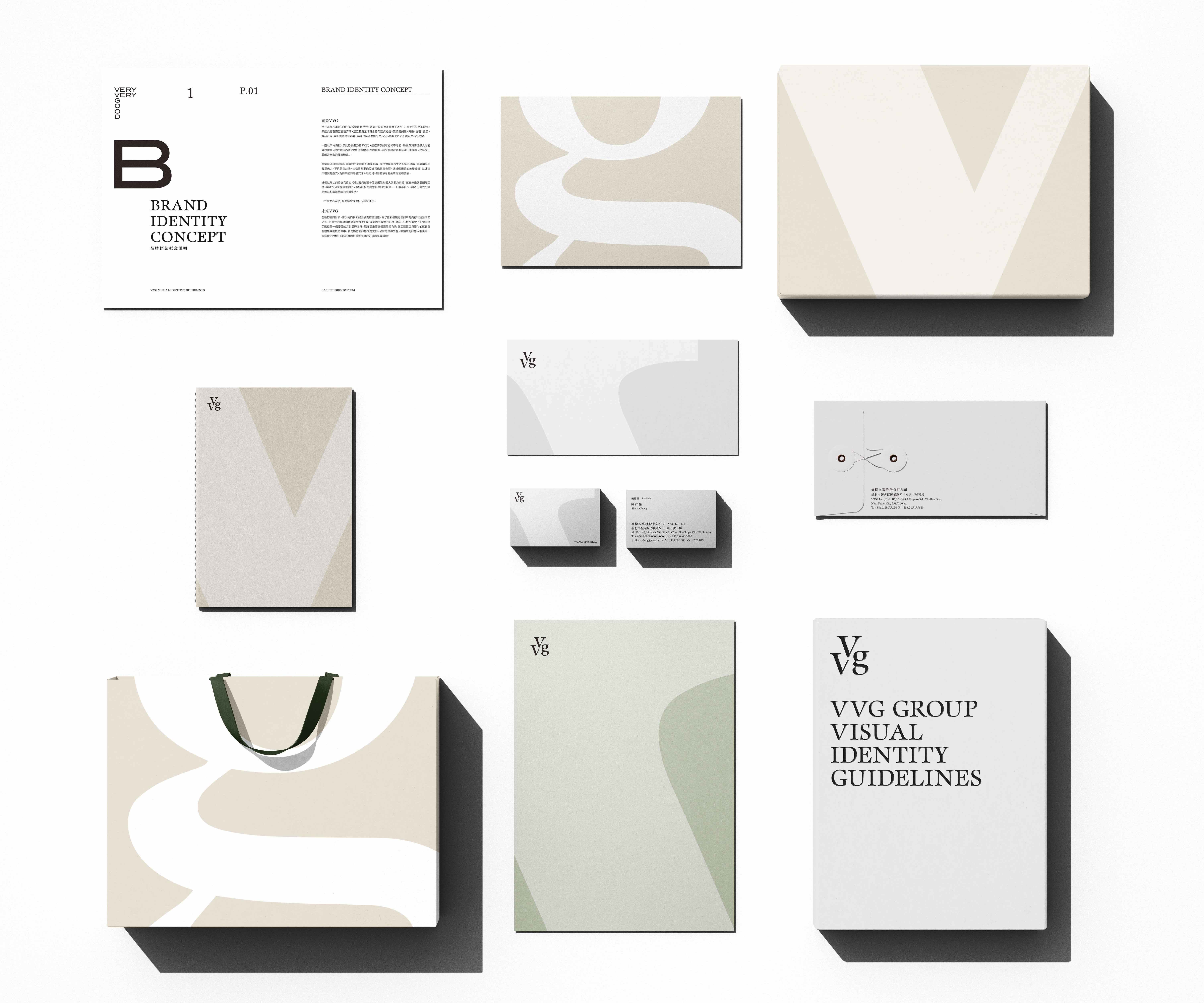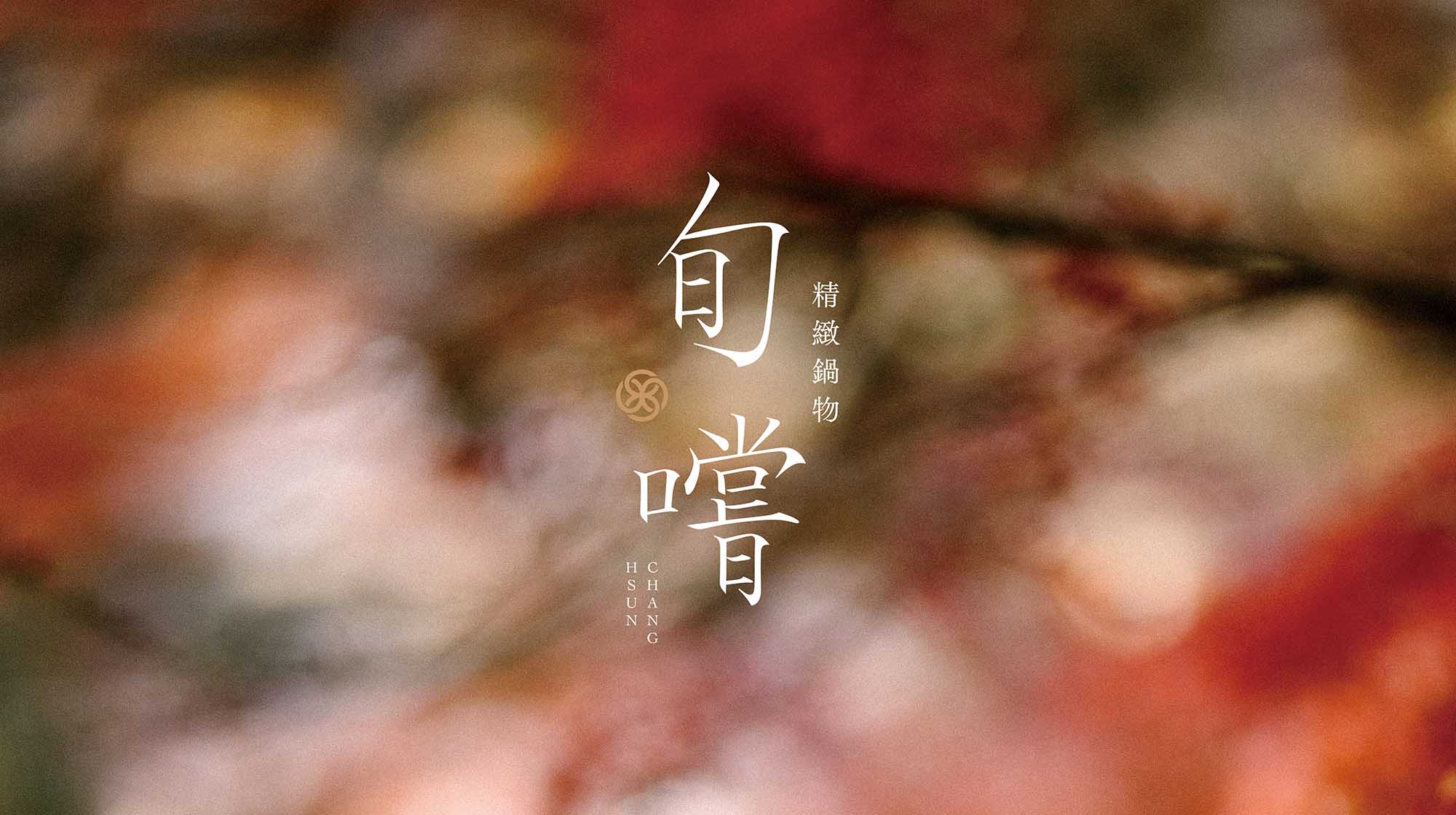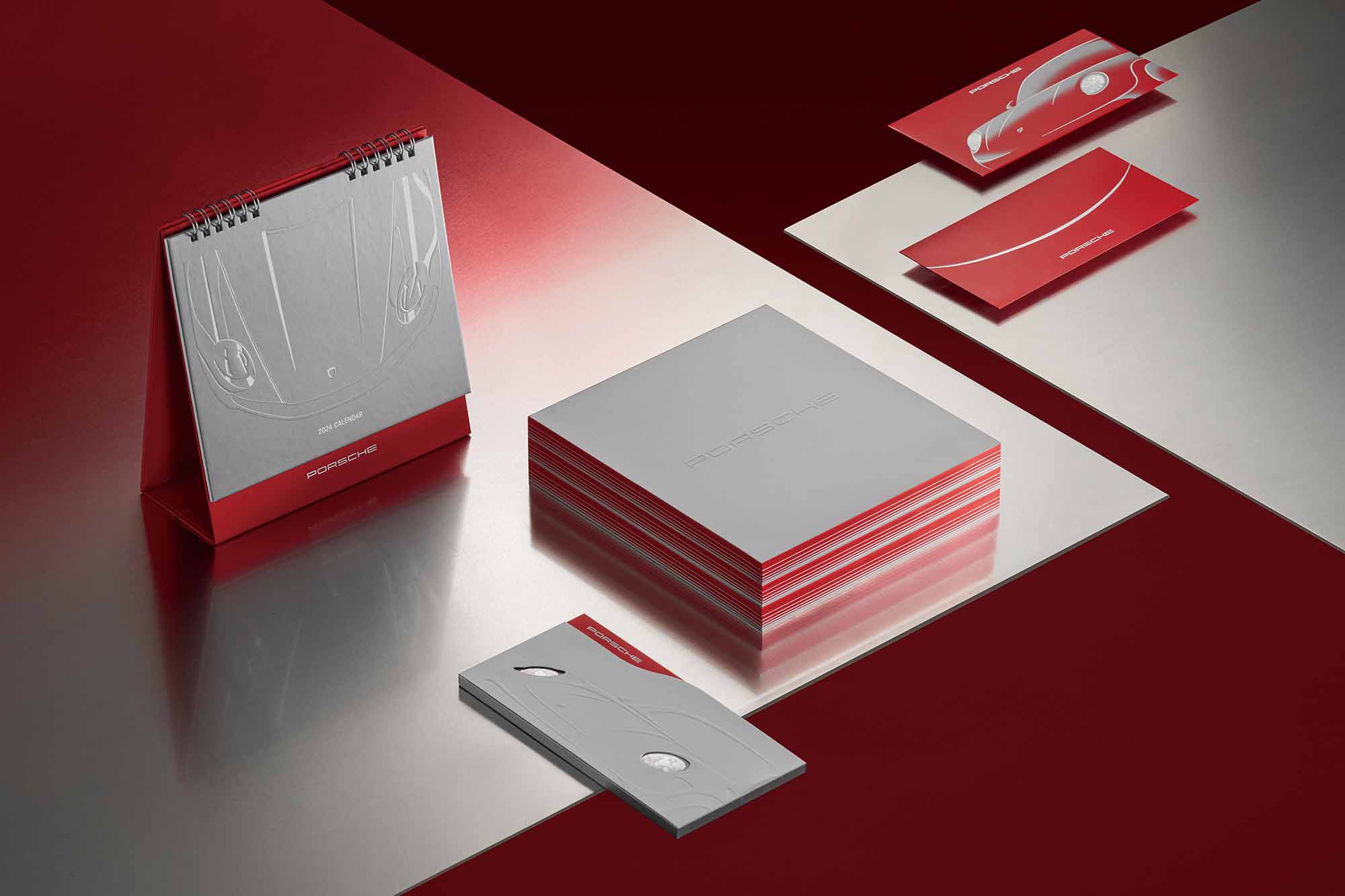瑜悅設計Transform Design 創辦人
Founder, Transform Design
Article of famous designers

瑜悅設計Transform Design 創辦人
Founder, Transform Design
Recently, the news reported on the Sora video generator launched by OpenAI. Many people who follow AI news were shocked, and I am one of them. Although Sora is still in the launch phase, I believe that this technology will soon change our lives, work patterns, and ideas about the future in even larger ways.
Many possibilities exist; the future holds a great deal of uncertainty and change. With such rapid development, the present is completely different from the past. We need to learn new skills to respond to this era’s changes. Undoubtedly technology has changed humanity’s lives – we can see this everywhere around us, and we can clearly sense that the impact of technological advancement on us can be both positive and negative. Moreover, in the process of learning, we become aware of how to make good use of technology, and we achieve higher efficiencies. These are lessons for us to learn as we move toward the future.
I have summarized the following three perspectives, in hopes that they will help us be more prepared for the future!
Observation Skills
The shaping of a perspective or the discovery of an idea comes about through Observation Skills. Observation plays an important role in comprehending the whole of a thing, and all its different aspects. An angle of view formed through means other than observation is like a veiled vision, which can only create a low-resolution perception of the world’s reality. However, the point is not the level of resolution, but the difference from the reality, and the choices available!
It is hard to imagine, but thinking patterns built based on poor observation skills are still deeply affecting us even while we pursue an “Ultra High Definition” view of the world. With the emergence and popularity of artificial intelligence (AI), the most common concern is whether certain industries and jobs will be “replaced”, and the difficulty of being “original”. These are issues that face us even now. Through observation, we can discover the most beautiful things, the deepest feelings, and the best narrative styles and experiences in the world. These are all benefits that come from observation, and great ways to increase one’s strengths.
Training your observation skills is actually not difficult. As long as you are willing to focus on the things you are faced with here and now in this distracting world, you will see that the effects are real, and your horizons have truly been expanded!
Flexibility
People take it for granted that the world is always changing. However, the speed of change now is significantly different than it has been. This is a critical point, worthy of consideration. We live in a world full of possibilities, where new concepts are formed every day, challenging existing thinking and ideas. In this context, single-track mindsets are too weak to cope with the future; instead, mindsets built on diversity will provide healthy ideas for making optimal choices.
In other words, a flexible way of thinking can help you respond to fast-changing situations in a better way. It is worth emphasizing that flexibility is not a style with no principles; instead, it requires a more rigorous selection mechanism for one to thoroughly practice flexibility to connect with the world!
How Much You Know
The most significant benefit from accumulating knowledge is that it gives you more choices when you face problems. Since designers in this age face far more problems than before, if your knowledge is only of a single type and is small in extent, it will be hard for you to deal with what’s ahead. For example, if only one solution is proposed to solve a problem, and success is not guaranteed, then the probability of success is, what, half or less? To increase the probability of success, the key is to suggest more solutions, then find the best among them. This is exactly the right way of thinking when facing the future.
The logic of AI is constructed based on immense computing and reasoning. An algorithm, after all, means “a process you try again and again”. If only one solution can be provided when solving a problem, that would be very sad. Therefore, it is essential to accumulate knowledge that is both large in amount, and wide in variety. Don’t bother about which type of knowledge you should pursue; just take in the knowledge you have opportunities to explore. You never know when you will use this knowledge in the future! Accumulating knowledge, building up your store of knowledge, is the basic barrier to overcome for that step into the future.
Do the three perspectives above have some similarities with the AI we know? This has been my process of learning about the future, too. I have realized that to solve a problem maturely and comprehensively, if I lack enough observation skills, how can I gain insight into the current situation and analyze the current problem?
When responding to changes in things and matters, if I only stick to old thinking patterns of the past, how can I catch up with this ever-changing world? That’s why flexibility is a great policy for thinking outside the box and finding the best answer.
And finally, after making constant, rapid attempts to find the best answer for a question, if we don’t have sufficient knowledge, how can we make effective judgments that will support us in making the right choices?
These are the lessons we need to learn when facing the future.

Petite Belle Cheesecake Bars.

VVG project.

TAITZU FOOD project.

HSUN CHANG project.

Porsche project.